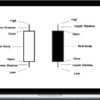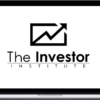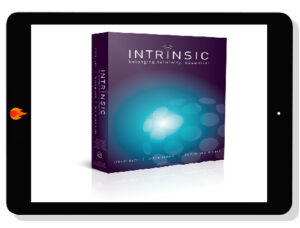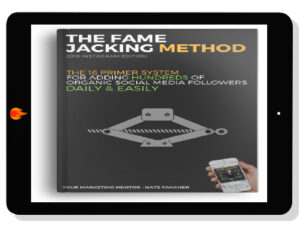Graham Neary – Balance Sheet Mastery
View company balance sheets through the eyes of a pro investor.
Have you ever been surprised when a company you invested in needed to raise additional funds and diluted you?
If that’s the worst thing you’ve experienced, you’re lucky! Every year, thousands of companies collapse into bankruptcy and leave their shareholders with nothing.
But understanding company balance sheets is not just about avoiding mishaps. It’s also about enjoying a deeper awareness of company performance, strategic decisions, and quality.
In this course, I’ll give you everything I know, so that you too can analyse balance sheets through the eyes of a professional.
What you do with that knowledge is up to you!
What You’ll Learn In Balance Sheet Mastery
An Introduction to Financial Mechanics
The difference between profit and cash flow
Creating assets and liabilities: equipment and products
Creating assets and liabilities: debts and dividends
Fundamental accounting equation
The Ingredients of the Balance Sheet
The key definitions
Features of equity
Equity vs. fixed income
Key assumption: going concern
Assets: Current and Noncurrent
The operating cycle
Current assets
Noncurrent assets: tangible
Assets for financial companies
The Mysteries of Intangible Assets
Intangible assets: overview
Software and other rights
Goodwill
Impairment
Tips for investors
Liabilities: Current and Noncurrent
Current liabilities
Working capital
Noncurrent liabilities
Features of bonds (1)
Features of bonds (2)
All about Equity
The components of equity
Accumulated other comprehensive income
Parent companies
Treasury stock
Statement of Changes in Shareholders’ Equity
Does this statement matter?
How the statement of changes in equity works
Rents and Leases on the Balance Sheet
How rents and leases used to work
How leases are treated now
What happens to leases over time
Getting leases back the balance sheet
How to Use Debt Ratios as an Investor
Liquidity ratios
Solvency ratios
Loan covenants
Final debt summary







